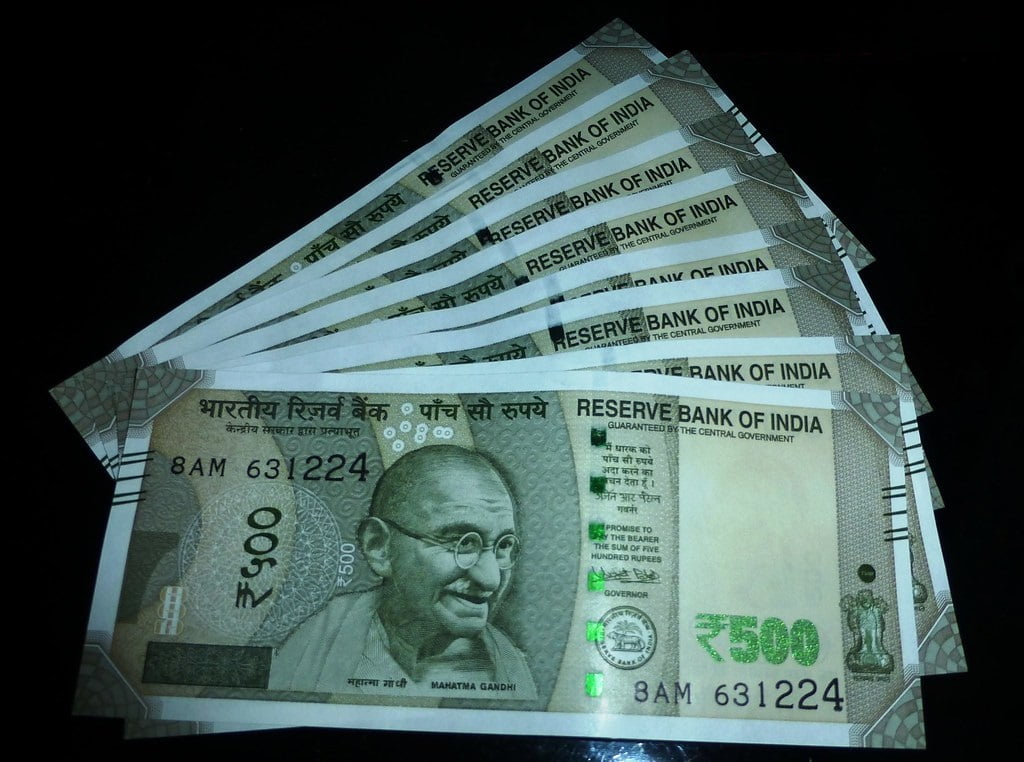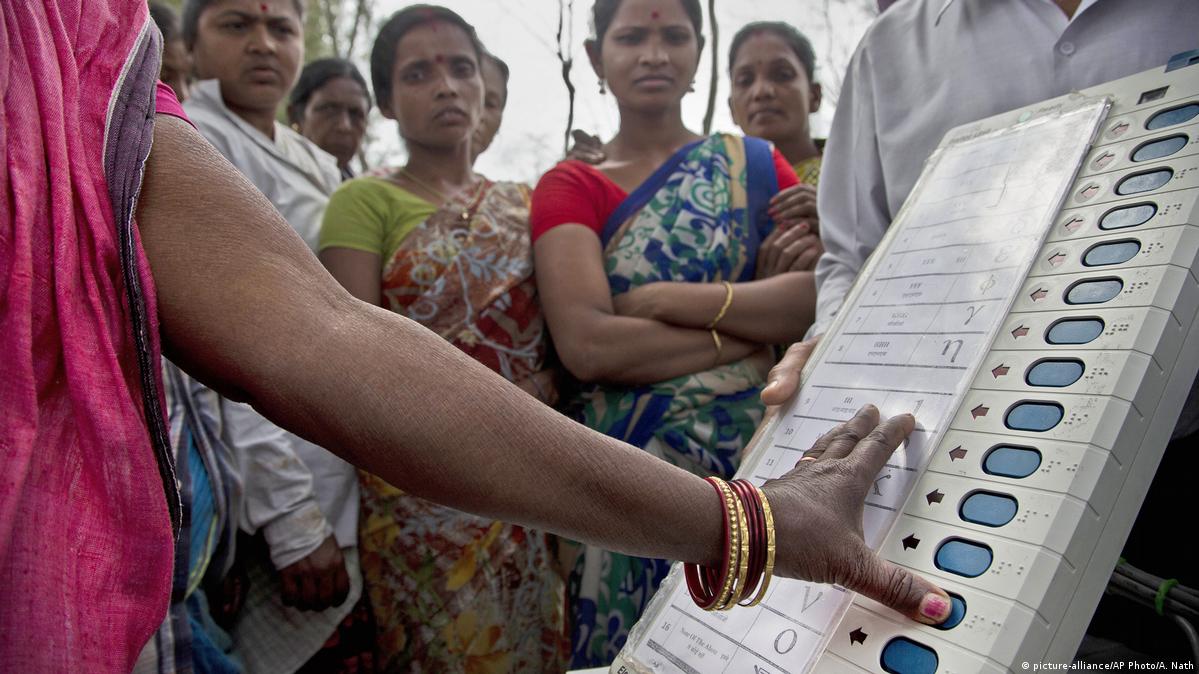India is the world’s largest democracy, with over 900 million eligible voters and more than 2,000 political parties. Political parties used to receive donations from individuals and corporations through various modes, such as cash, cheques, demand drafts, online transfers, etc. However, there were some limitations and regulations on these donations, such as:
- Cash donations above Rs 20,000 had to be reported to the Election Commission of India (ECI) with the name and address of the donor.
- Corporate donations above Rs 20,000 had to be reported to the ECI with the name, address, and PAN of the donor, and the amount and mode of donation.
- Corporate donations were capped at 7.5% of the average net profit of the last three financial years of the company.
- Foreign funding of political parties was prohibited, except from Indian subsidiaries of foreign companies.
 However, this system also faces the problem of opaque and unregulated political funding, which undermines the integrity and accountability of the electoral process. To address this issue, the government introduced a scheme called electoral bonds in 2017, which allows donors to give money to political parties anonymously. The idea is that this scheme will bring transparency and accountability to political funding.
However, this system also faces the problem of opaque and unregulated political funding, which undermines the integrity and accountability of the electoral process. To address this issue, the government introduced a scheme called electoral bonds in 2017, which allows donors to give money to political parties anonymously. The idea is that this scheme will bring transparency and accountability to political funding.
Electoral bonds are a form of political funding in India that allows donors to give money to political parties anonymously. They are issued by the State Bank of India (SBI) and can be bought by any individual or company through cheque or digital payment. The political parties can encash the bonds in their verified accounts within 15 days of purchase.
Features of Electoral Bonds:
- Electoral bonds were introduced by the Finance Act of 2017, which amended four laws: the Representation of the People Act of 1951, the Income Tax Act of 1961, the Companies Act of 2013, and the Foreign Contribution Regulation Act of 2010
- Electoral bonds are sold in multiples of Rs 1,000, Rs 10,000, Rs 1 lakh, Rs 10 lakh, and Rs 1 crore. These amendments removed the cap on the amount and the source of corporate donations to political parties allowed foreign funding of political parties and exempted the parties from disclosing the identity of the donors
- Electoral bonds are available for purchase only during specified periods of 10 days in four months (January, April, July, and October), and for 30 days in the year of Lok Sabha elections.
- Electoral bonds do not carry the name or other details of the donor, and the SBI is not allowed to share any information about the buyers or the beneficiaries with any authority.
- Electoral bonds can be donated only to political parties that have secured at least 1% of the votes polled in the last Lok Sabha or state assembly elections, and have a verified account with the Election Commission of India (ECI).
Challenging the scheme of Electoral Bonds
The electoral bond scheme has been criticised by various experts, activists, and institutions, such as the Reserve Bank of India (RBI), the ECI, and the Central Information Commission (CIC). The petition against the electoral bond scheme in the Supreme Court has been filed by three parties: the Association for Democratic Reforms (ADR), a non-governmental organisation working for electoral reforms; the Common Cause, another non-governmental organisation working for public interest; and the Communist Party of India (Marxist), a political party. They have challenged the validity and constitutionality of the scheme, which allows anonymous donations to political parties. They allege that electoral bonds enable corruption, money laundering, and foreign influence in Indian politics.

New 500 Rupees Notes | Photo Credit: Flickr Archives
Some of the main arguments against electoral bonds in the Supreme Court are:
- They allow anonymous donations to political parties, which is in direct conflict with one of the primary reasons for the introduction of the scheme, that is to bring transparency and accountability of the electoral financing and process.
- They do not disclose the identity of the donors to the public or the Election Commission of India (ECI), which makes it difficult to track the origin and source of political contributions.
- They create a risk of the creation and use of shell companies for political donation purposes, as the scheme has removed the cap on the amount and the source of corporate donations.
- They potentially violate the principle of level playing field among political parties, as the ruling party may have an undue advantage in accessing and influencing the donors.
- They may compromise the national security and sovereignty of India, as the scheme has relaxed the norms for foreign funding of political parties.
Centre’s Stand in the case:
The centre’s stand in this case of electoral bonds is that the scheme is a pioneering step to bring transparency and accountability in political funding, and that it does not violate the constitutional rights of citizens or the principles of democracy. The centre has opposed the concerns raised by the Election Commission and the petitioners challenging the scheme in the Supreme Court, and has justified the changes in law that enabled the scheme. The centre has also argued that the public has no general right to know the sources of electoral bonds, and that the anonymity of donors is necessary to protect them from harassment and intimidation. The centre has notified the sale of electoral bonds from November 6 to 20, even as the Supreme Court has reserved its judgement on the validity of the scheme.
Conclusion

Women casting vote | Photo Credit: A P Photo Archives
Electoral bonds are a controversial scheme of political funding that allows anonymous donations to political parties in India. The scheme was introduced by the government in 2017 with the aim of bringing transparency and accountability in political funding, but it has been challenged in the Supreme Court by various petitioners who claim that it violates the constitutional rights of citizens and the principles of democracy. The scheme has also been criticised by various experts, activists, and institutions who have raised concerns over the lack of transparency, accountability, and level playing field in political funding, and the potential threat to national security and sovereignty due to foreign funding of political parties. The Supreme Court has reserved its verdict on the matter and has asked the Election Commission of India to provide details of donations received by all political parties through electoral bonds by November 15. The outcome of the case will have significant implications for the future of electoral democracy in India.
